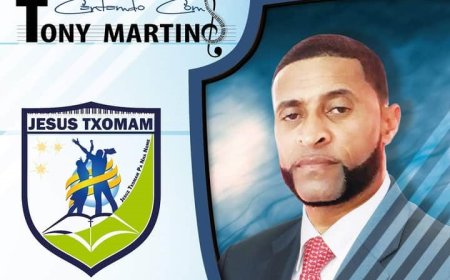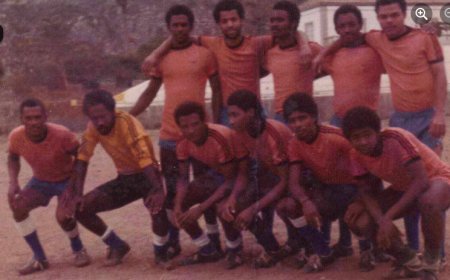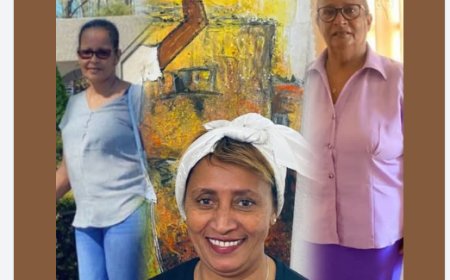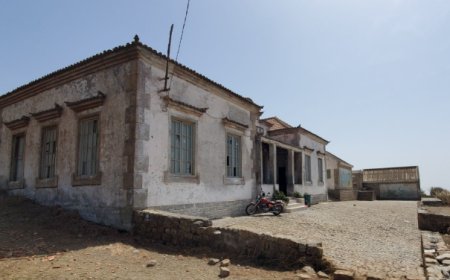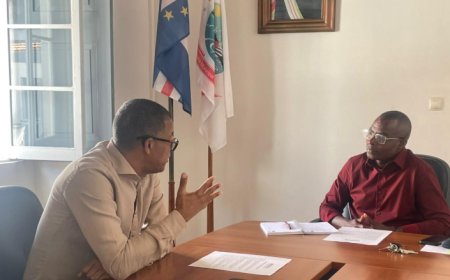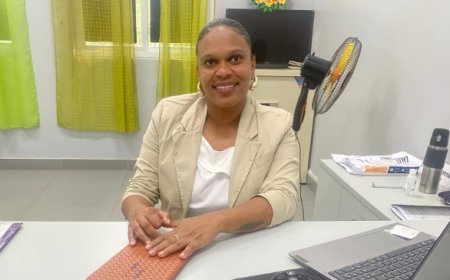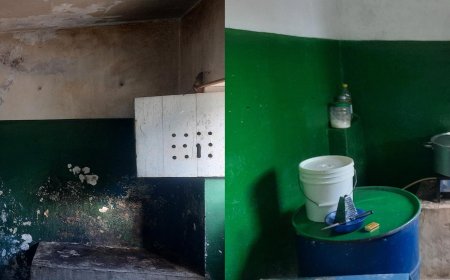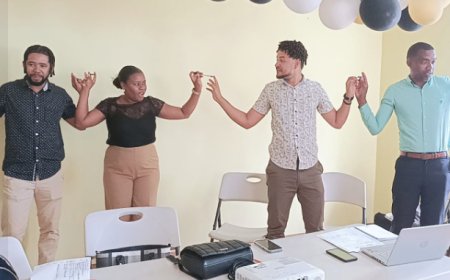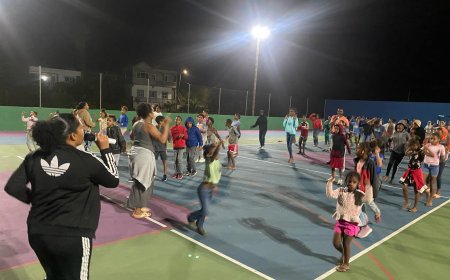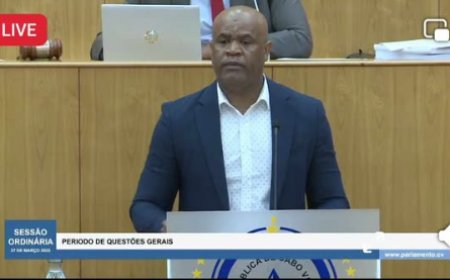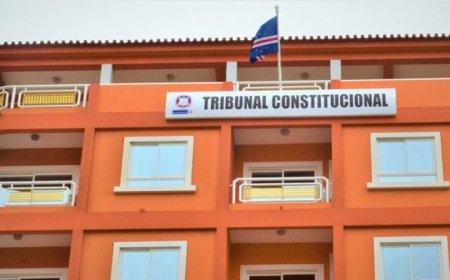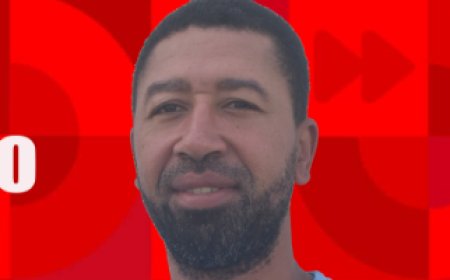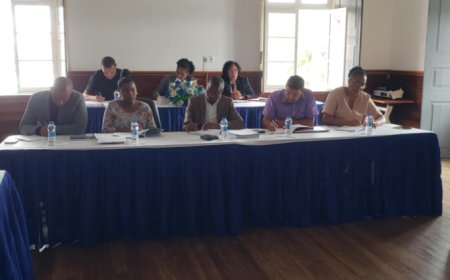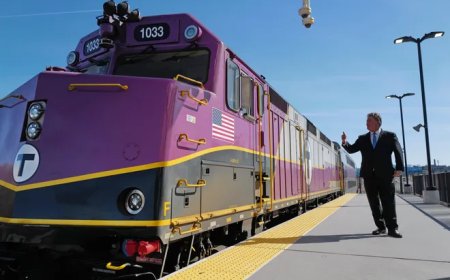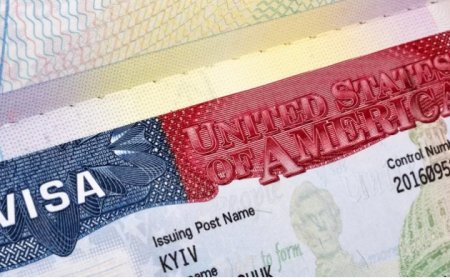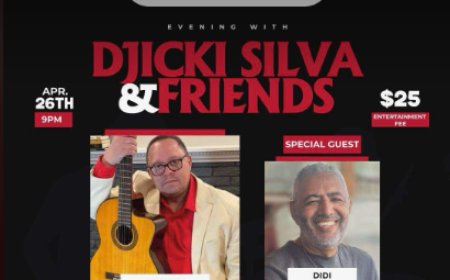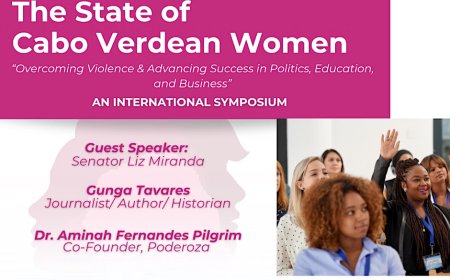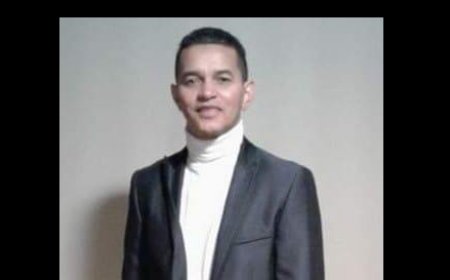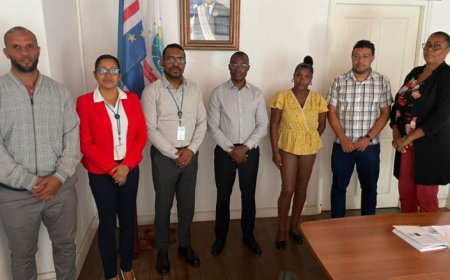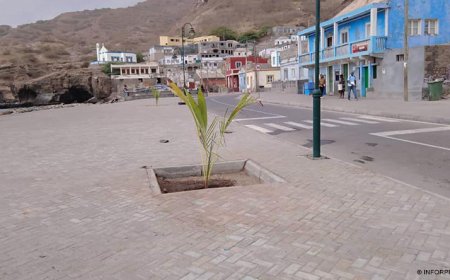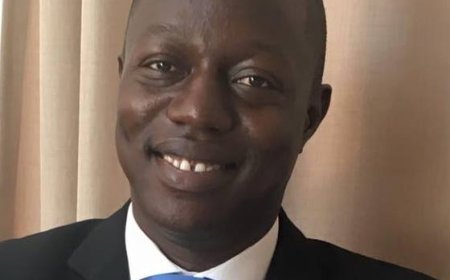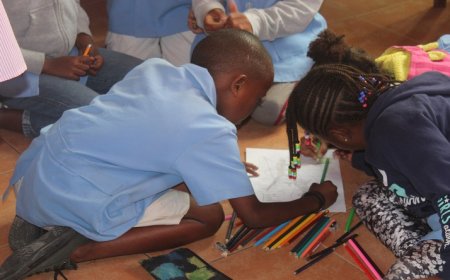BOOK: The true and only story of Cabo Verde Fast Ferry
In chapter 11, we found out that, on July 24, 2009, we completed a fundraising campaign, an operation that injected more than fifteen million euros, all so that the Cabo Verde Fast Ferry project would really become a reality . A few days later, the amount was deposited in the CVFF bank accounts and the withdrawal was made through the Stock Exchange. It should be noted that the amount raised on the Stock Exchange was used solely and exclusively in the acquisition of two CVFF ships. For a project that was planned for the long term, it was more than evident that we needed to establish a partnership with a builder that we could trust, that had a track record of longevity and success in the boat building business, proven in the international market. Fortunately, we found that partner at Damen Naval Shipyards, a reference that has been on the market since 1927.
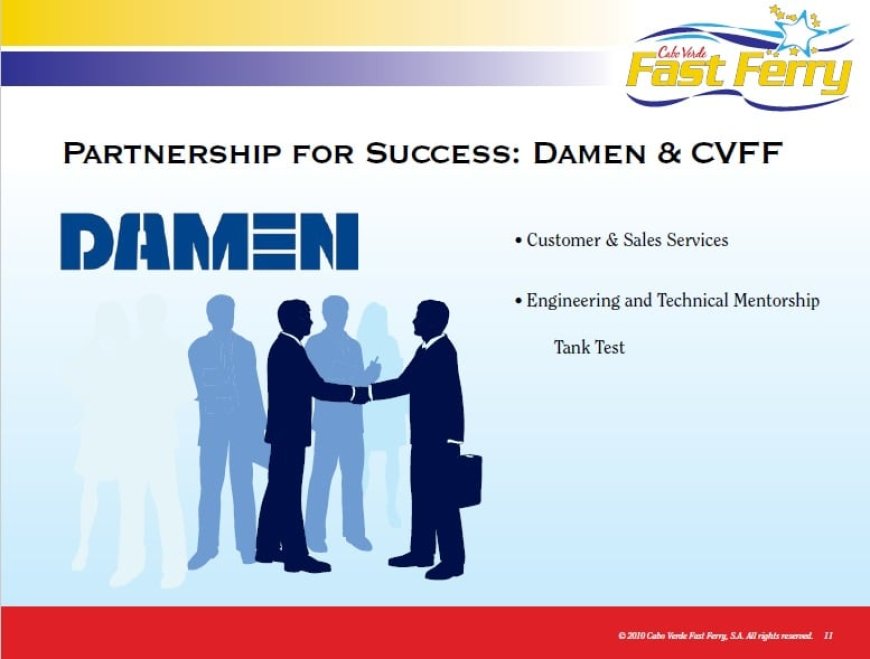
SIGNATURE OF VESSEL ACQUISITION AGREEMENT WITH DAMEN SHIPYARDS
BOOK: The true and only story of Cabo Verde Fast Ferry
In chapter 11, we found out that, on July 24, 2009, we completed a fundraising campaign, an operation that injected more than fifteen million euros, all so that the Cabo Verde Fast Ferry project would really become a reality . A few days later, the amount was deposited in the CVFF bank accounts and the withdrawal was made through the Stock Exchange. It should be noted that the amount raised on the Stock Exchange was used solely and exclusively in the acquisition of two CVFF ships. For a project that was planned for the long term, it was more than evident that we needed to establish a partnership with a builder that we could trust, that had a track record of longevity and success in the boat building business, proven in the international market. Fortunately, we found that partner at Damen Naval Shipyards, a reference that has been on the market since 1927.
When we started to establish this partnership, the Damen company had more than 30 shipyards around the world and had around 6,700 workers. In 2009, Damen Shipyards had revenues of around €1.4 billion. It had an extremely diversified and specialized business portfolio with regard to fast ships, tugboats, cargo ships, patrol vessels, cargo ships, dredgers, mega-yachts and naval vessels, that is, a complete company in its field. . In addition, they had pioneered modular shipbuilding based on standardized outlines, whereby the technique gave shipyards the ability to offer well-made vessels, with very short delivery times and at very competitive prices. As well as building from scratch, Damen also provided vessel maintenance and repair and a wide range of other types of marine services, so it could take responsibility for designing, building and delivering our ferries through one-stop shopping.
To be honest, at Damen shipyards, we found a partner who could combine exemplary engineering with the strength of logistics experience and global management, thus securing CVFF with a project to adapt docks. But the information about customizing and adapting docks for the CV Fast Ferry project will be in more detail in the next chapters.
Once the CVFF project gained momentum, it all happened so quickly, which was a relief for me personally. When we announced to Damen executives that the project had already been financed, the engineers started to work 24 hours a day, in a real “task force”. They had to scramble to quickly finalize the detailed construction specifications for the shipyard workers. We have scheduled the signing date of the acquisition contract for September 25, 2009, in the Netherlands.
The day before, Nelson, Didino and I were scheduled to depart at 8:00 pm from Logan Airport, in Boston, on the airline KLM. Nelson left early, but Didino and I met in Braintree to catch the express bus that ran from south Boston to the airport. Traffic, however, was so jammed that when we arrived, unfortunately, they had just closed check-in and we missed our flight. We desperately tried to get on another plane, but we couldn't buy tickets at the airport. Fortunately, we remembered to call Tony Neves, who had to leave the house, at an already inconvenient time, and go to his agency to issue tickets for us to travel on Iceland Air, which left the same night, at 22:00. Thanks to Agência Neves Travel, we managed to travel on the same day, but instead of arriving in the morning, we arrived in Amsterdam in the early afternoon. Given the delay, we left the airport directly to Damen Shipyards headquarters, for the signature.
The contract included, in part, a purchase of two Damen 4512 fast vessels, in accordance with the relevant specification signed [231659 SPEC DFF 4512] and the general arrangement plan number [231659-000-001 GA DFF4512]. Maritime ships are inspected by "classification societies", which are duly accredited independent entities, responsible for the certification and classification of ships based on structure, design and safety standards. Vessels had to be built to the exact dimensions and characteristics indicated in the Specifications, and under the close supervision of Bureau Veritas, one of the most reputable classification societies in the world. BV's involvement in the construction process provided us with an additional guarantee that the CV Fast Ferry vessels would be recognized as a distinctive symbol of quality with regard to HULL , MACH , High Speed Craft - Cat A , Sea Area 3 certifications , AUT-UMS . The vessels were to be delivered two months apart and the contract was divided into six installments, with the sixth and last installment to be paid before the LIBERDADI embarked for Cape Verde.
In order to protect our studies and expenses around the entire research process, we successfully added a clause that, for a period of 3 years after the delivery of the ferries, Damen could not sell the same model of ships to third parties in the Cape Verde fast ship market. But, on the same path of protection, Damen, in turn, added a clause according to which CVFF would not be fulfilling the contract (its obligations) if:
- CVFF fails to pay Damen the full amount of any of the six installments by the stipulated date;
- CVFF refused to deliver the ships, without plausible justification;
As you travel with us, do not forget these clauses, as they are to be taken into account due to the stormy years that will be seen in the next chapters.
After signing the contract, in the early evening, we joined Friso Visser, the seller, Henk van Herwijnen, the service manager and Ronald Boerman, the project manager, for a celebration dinner. It was a relaxed meeting. But for me, an 18-month deadline for delivery was a concern on my mind. To be honest, I was more interested in talking than in dinner, so I took every opportunity, to the point where, between each bite, I reminded Friso that we needed the boats as soon as possible, and I also reinforced that the funds raised at the Bolsa de Values were exclusively to buy the two vessels. As you can see, I didn't even manage to taste my dinner, since all my thoughts were centered on the delivery date of the boats. Finally, the sacrifice was worth it, not being able to eat in peace because, at the end of the night, I managed to successfully secure the commitment that Damen would deliver the vessels to Cape Verde and that the transport costs would be invoiced and paid in a later date. After all, Damen shipyards had just invested two million euros in CV Fast Ferry, as described in Chapter 11. Therefore, extending a supplier credit for the transport of KRIOLA and LIBERDADI would not be a problem. As I always make a point of emphasizing, more than just a construction company, Damen was, without a doubt, a great partner of the CVFF.
The acquisition contract was signed and we returned to Cape Verde to transfer the payment of the first installment, as stipulated. At the same time, the shipyard in Singapore had been preparing for the construction of the two ferries, which started in November 2009.
Continue to travel with us through the waters of CV, because in the next chapter, we will accompany the construction phase of the most beautiful and safe ships that CV has ever had. We will also be preparing and planning the next issues linked to the successful operation and maintenance of the ships, but we will also highlight a special event, which is the grand launch of KRIOLA in Singapore waters, for the first time, in October 2010.




